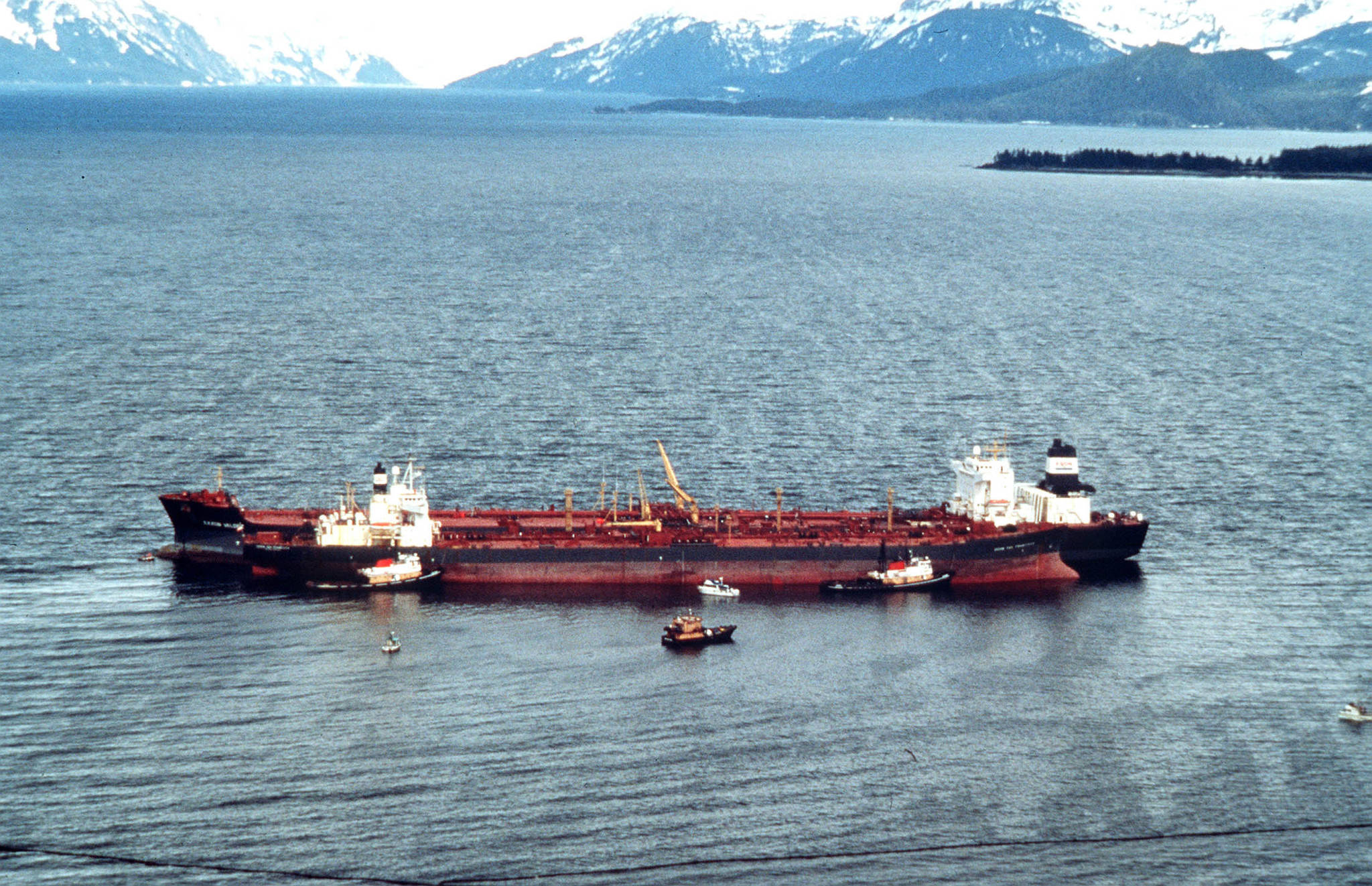I was a little over a year old when the Exxon Valdez oil spill occurred on March 24, 1989. This week marks the 30th anniversary of the incident.
I grew up in a world where Dawn dish soap was known as a lifesaver of oil-covered birds, and the ship’s name was the punch line of many jokes. I’m reminded of an episode of the show “Friends” where Phoebe says she wants to give one of her triplets a strong, confident name, like Exxon, to which Chandler replies, “Well, it certainly worked for that Valdez kid.”
I was too young to get the joke, but have since learned of the devastation that the tanker caused when it struck a reef in Prince William Sound in Alaska, allowing 11 million gallons of crude oil into the water. There is nothing funny about what happened. An estimated 250,000 sea birds, 3,000 otters, 300 seals, 250 bald eagles and 22 orcas were killed by the spill, according to History.com. The Alaska salmon and herring fisheries collapsed in the early 1990s, a likely result of the spill.
Approximately 1,300 miles of shoreline was covered in oil — pockets of which can still be found to do this day. The National Oceanic and Atmospheric Administration estimated in 2015 that approximately 0.06 percent — or 66,000 gallons — of oil still remains adrift or along the shore.
Even three decades later we can learn from this disaster — and hope to never have it repeated.
With a pod of orcas facing extinction in the north due to the effects of the Exxon Valdez incident, islanders can’t help but wonder what fate would befall the Southern residents if that were to happen here.
On Feb. 22, the National Energy Board of Canada released a reconsideration regarding the expansion of the 710-mile Trans Mountain Pipeline from the oil sands of northern Alberta to the port of Burnaby, British Columbia. This decision paves the way for an increase of 34 additional oil tankers passing through the Haro Strait each month.
The possibility of an oil spill here is terrifying to many — especially to those of us who care so deeply for the dwindling Southern resident orca population. An oil spill would be catastrophic to a population that is already on the brink of extinction. Imagine if 22 of the remaining 74 Southern residents died — they would never be able to return from that.
We, as a species, need to learn from our mistakes and try to not repeat them. Yet it seems as more of us continue to populate the planet, the fewer lessons are being learned. We need to remember what effect we have on this world and the animals that cohabitate with us.
At the bare minimum, we need to have a fast-responding, effective clean-up plan in place to mitigate the damage caused by a spill, should one occur. This needs to be a solution without borders and the red tape that comes with dealing with international disasters. Both Canada and the United States need to be prepared to come together and clean up the mess.
We plea to regional political representatives to create and fund spill-prevention and response. We need to learn from our mistakes and not have the Salish Sea — our home — become Prince William Sound 2.0.



